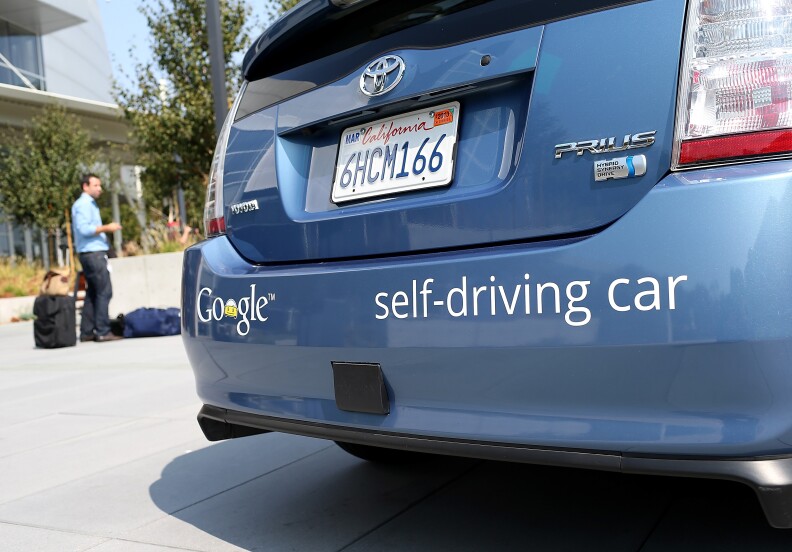A large truck speeding in the opposite direction suddenly veers into your lane.
Jerk the wheel left and smash into a bicyclist? Swerve right toward a family on foot? Slam the brakes and brace for head-on impact? Drivers make split-second decisions based on instinct and a limited view of the dangers around them. The cars of the future - those that can drive themselves thanks to an array of sensors and computing power - will have near-perfect perception and react based on preprogrammed logic.
While cars that do most or even all of the driving may be much safer, accidents happen. It's relatively easy to write computer code that directs the car how to respond to a sudden dilemma. The hard part is deciding what that response should be. "The problem is, who's determining what we want?" asks Jeffrey Miller, a University of Southern California professor who develops driverless vehicle software. "You're not going to have 100 percent buy-in that says, 'Hit the guy on the right.'"
Guest:
Jeffrey Miller, Associate Professor of Engineering Practice at the University of Southern California; Miller develops driverless vehicle software











